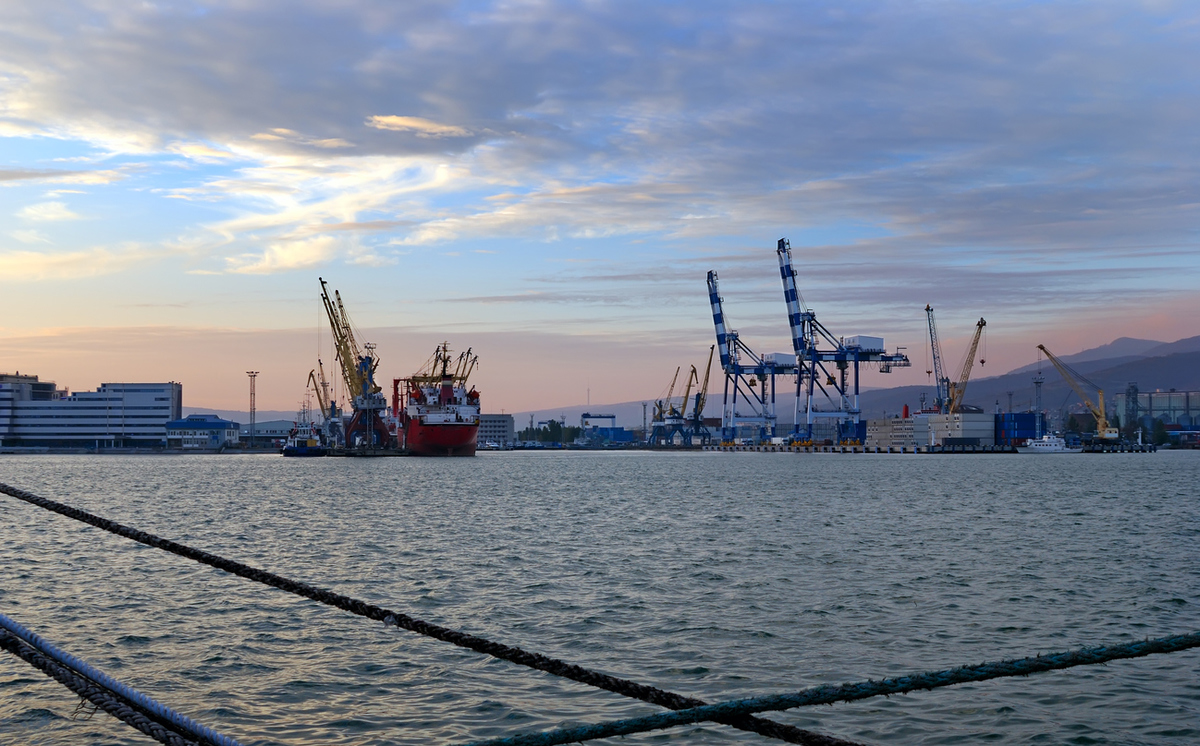Major bunkering firms suspend business operations with Russian entities
Top bunkering firms Peninsula, Monjasa, Minerva and Bunker Holding subsidiaries have stopped doing business with Russia-flagged vessels, ports and entities due to the ongoing Russian invasion of Ukraine and consequent sanctions on Russia.
 PHOTO: Russia's Port of Novorossiysk, one of the largest ports in the Black Sea and a key bunkering port in the region. Getty Images
PHOTO: Russia's Port of Novorossiysk, one of the largest ports in the Black Sea and a key bunkering port in the region. Getty Images
"In light of the recent escalation of armed conflict by Russia in Ukraine, Peninsula is going beyond the currently imposed sanctions and is not doing business with Russian vessels, companies (owned or majority-owned), suppliers and financial institutions," Pensinsula has said.
Bunker Holding announced that it will halt all deliveries to Russian ports, while its subsidiaries which include Bunker One, Dan-Bunkering and KPI OceanConnect have seized committing to new obligations with Russian entities as well have introduced restrictive measures and tightened supervision of ships arriving to or departing from Russia.
Monjasa has taken similar action, and also said it is monitoring supply chains to root out any Russian product for resupply in the ports it covers.
“We have suspended purchase of oil products of Russian origin for further redistribution across our global logistics comprising 25 vessels,” says Monjasa.
Minerva Bunkering says it "does not have any supply of Russian origin or business at Russian ports."
Several other bunker suppliers and trading firms with exposure to Russian counterparties have also fully or partly halted dealing with them, sources say.
They point to high credit risk from sanctions imposed on Russian banks, which combined with the possibility of direct sanctions imports of Russian energy, has made it harder to trade fuel and clouded the regulatory outlook.
Even with payment upfront, traders fear that dealing with Russian entities could put them in legal troubles, sources say.
Vessel calls in Russian ports could be made on case-to-case basis and with proper due diligence. For instance, if a vessel is running out of fuel and needs to bunker in a Russian port or with a Russian supplier in a non-Russian port. However, multiple risk factors such as counterparty, legal and reputational risks are factored into decision-making, sources say.
Major bunkering ports such as Rotterdam, Hamburg and Gibraltar announced last week that they have stopped supplying Russian vessels or handling Russian cargoes.
Additional sanctions on Russian firms and financial instruments are added by the US and Europe almost by the day.
A lack of clarity about exactly what is covered under these sanctions, and how they impact payment risk has pushed various container terminals and shipping companies to avoid handling containers bound to or from Russia, the Port of Rotterdam said.





